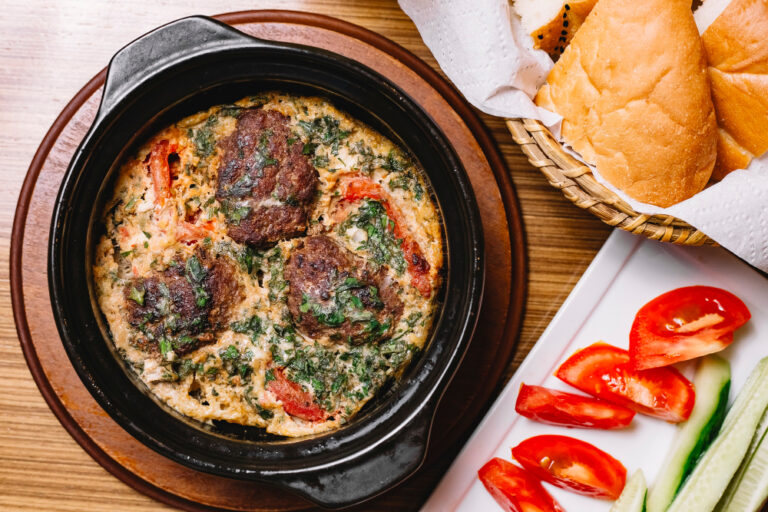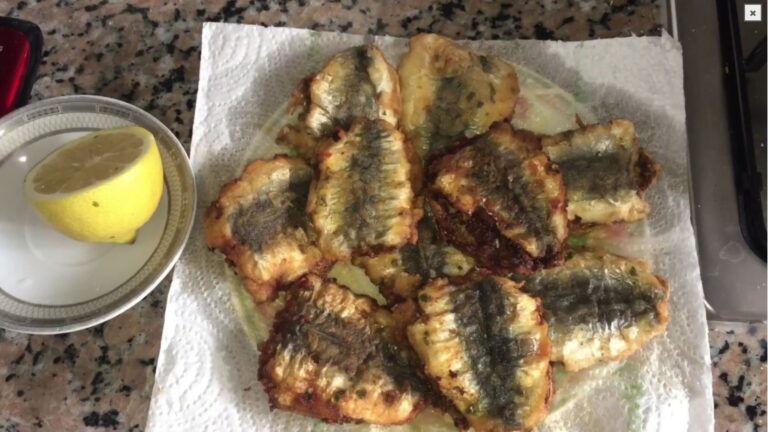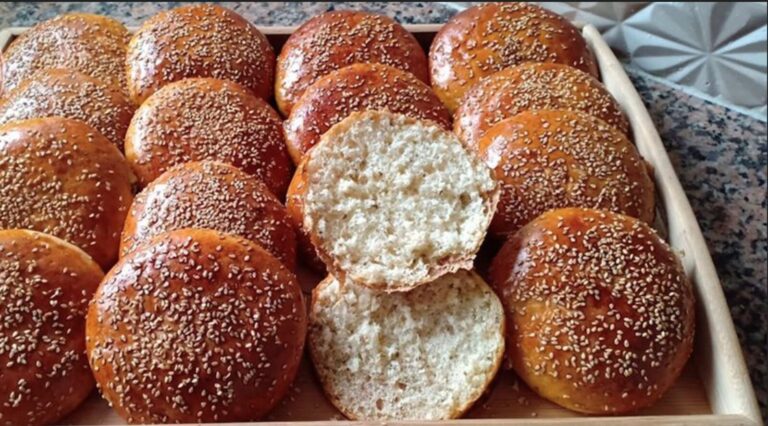
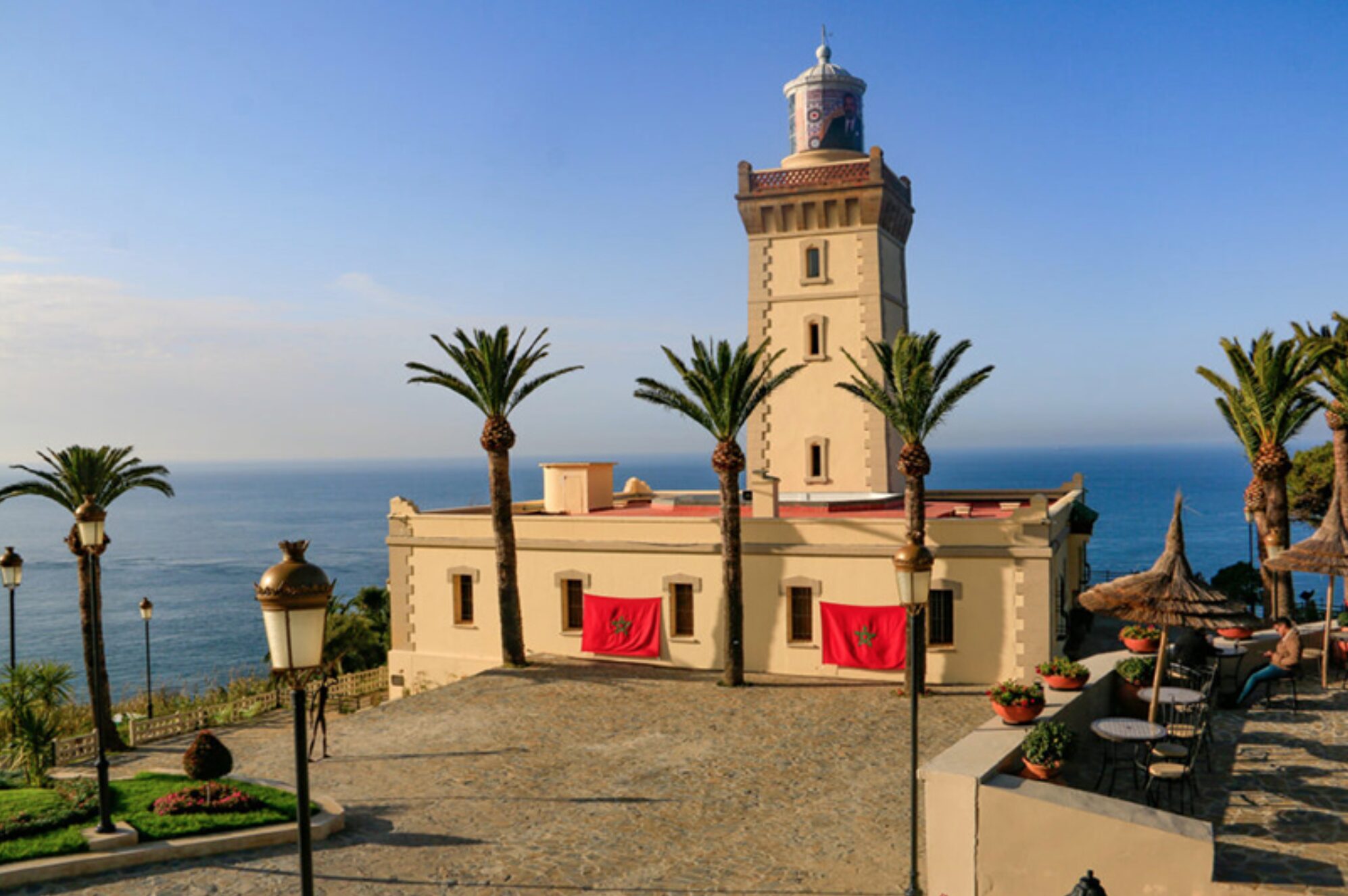
Morocco Cultural Traditions, From the rhythmic beats of Berber drums to the vibrant colors of souks and the delicate aroma of mint tea, Morocco is a land where cultural traditions are not just preserved—they are lived daily. In this post, we’ll explore Morocco’s cultural traditions and how they shape every traveler’s experience. Whether you’re wandering through ancient medinas or attending a local festival, understanding Moroccan heritage brings you closer to the soul of the country.
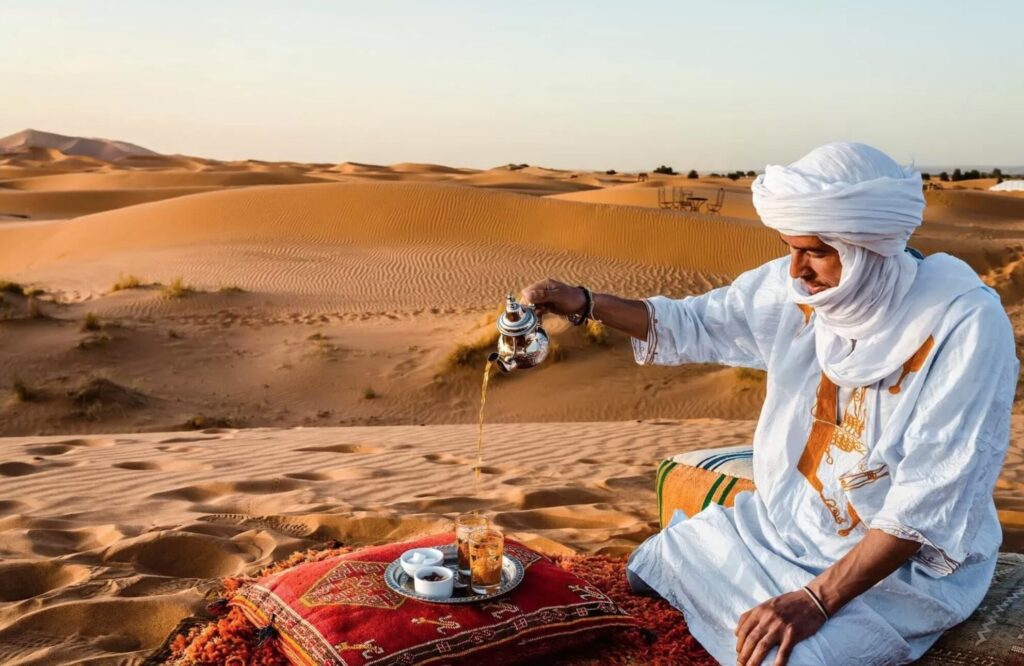
Let’s take a deep dive into what makes Morocco’s culture one of the most fascinating in the world.
A Land of Layers: Morocco’s Cultural Mosaic
Morocco’s cultural identity is a rich blend of Berber (Amazigh), Arab, African, and European influences. Its strategic location—between Africa and Europe—has shaped a society that’s both traditional and cosmopolitan.
Each region of Morocco offers a unique flavor. In the north, you’ll find Andalusian echoes in places like Tangier. In the south, Berber traditions remain strong in the villages of the Atlas Mountains and the Sahara Desert. Meanwhile, cities like Marrakech and Fes blend ancient Islamic architecture with vibrant street life.
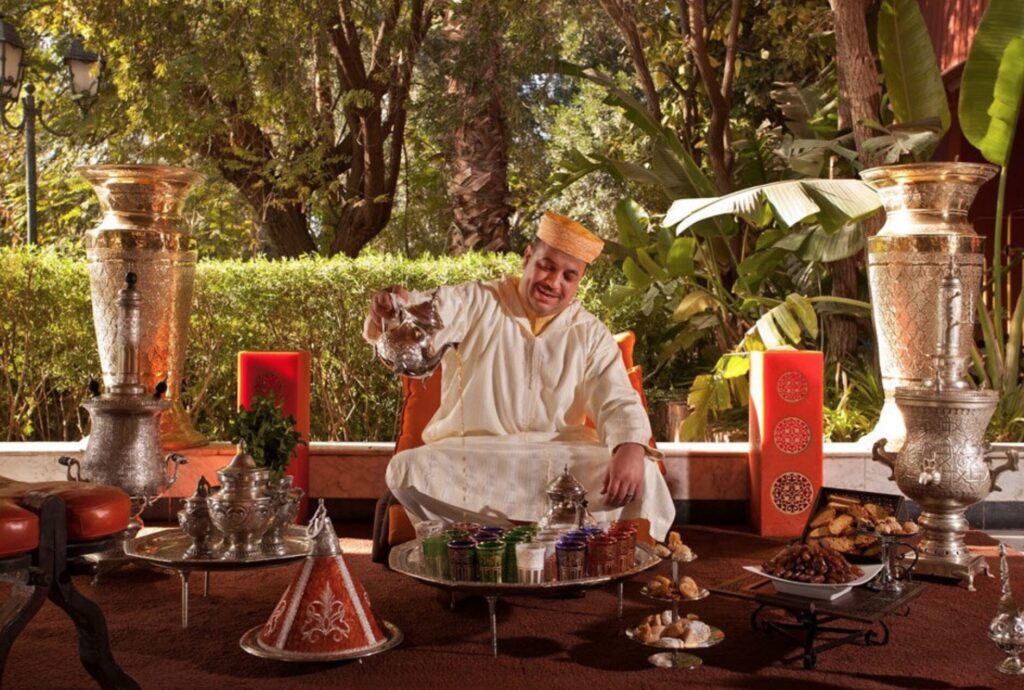
Cultural traditions are embedded in every aspect of Moroccan life—art, cuisine, clothing, music, language, and hospitality. To visit Morocco is to witness a continuous dance between past and present.
Must-See Cultural Experiences in Morocco
1. Attend a Traditional Moroccan Wedding
A multi-day celebration of music, dancing, and elaborate outfits, Moroccan weddings are a true feast for the senses. If you ever receive an invite—say yes!
2. Visit a Medina and Souk
The medinas (old towns) of cities like Fes and Marrakech are UNESCO World Heritage Sites. Lose yourself in winding alleys filled with spices, textiles, metalwork, and leather goods, all crafted by skilled artisans keeping ancient techniques alive.
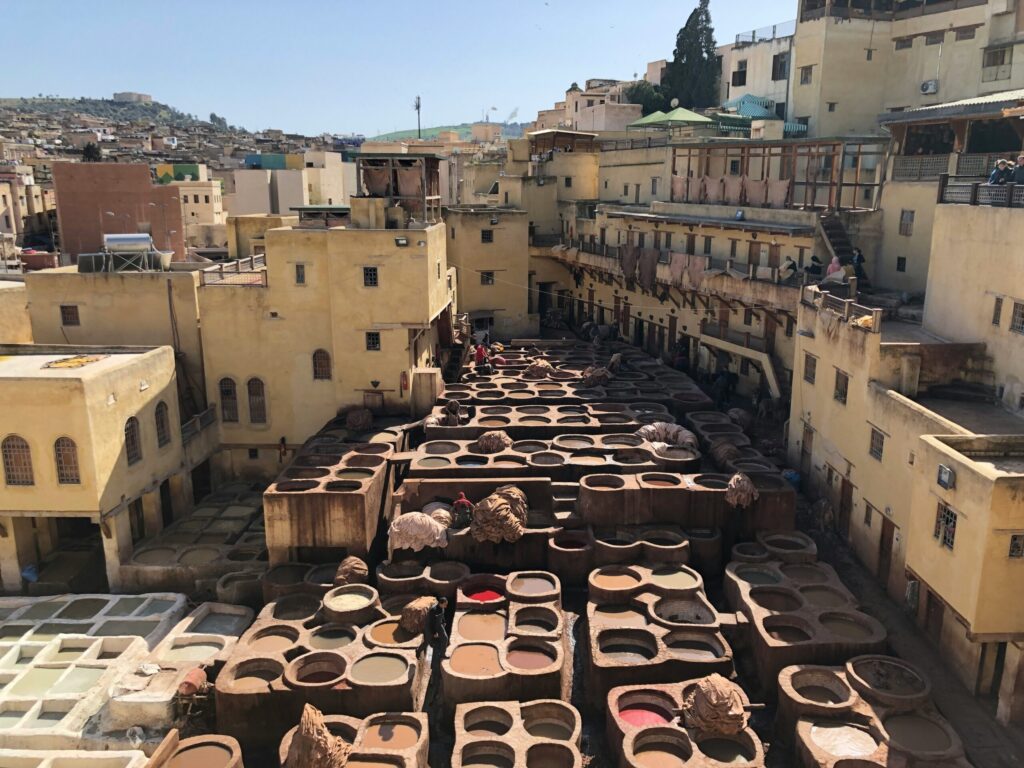
3. Experience a Gnawa Music Performance
Gnawa music, with its spiritual roots and hypnotic rhythms, is a must-see in cities like Essaouira or Marrakech. It’s both a musical performance and a cultural ritual.
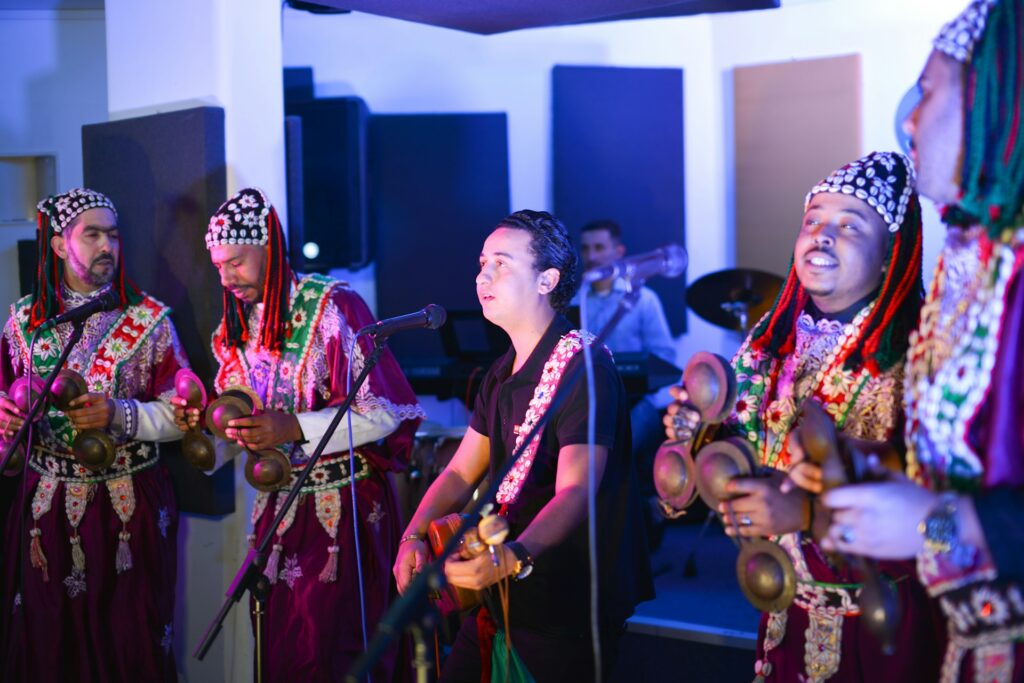
4. Share a Meal in a Moroccan Home
Hospitality is sacred in Morocco. Sharing a meal—often around a communal tagine—is a deeply cultural act that reflects warmth, generosity, and tradition.
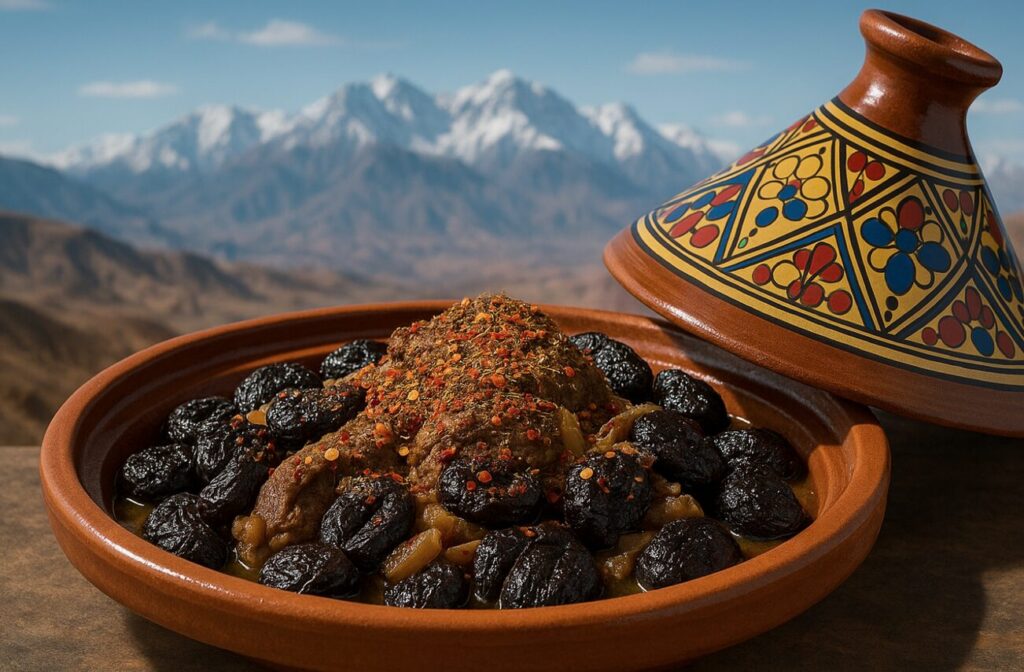
5. Participate in Local Festivals
Morocco hosts many cultural festivals year-round, such as:
- Moussem of Tan-Tan: Celebrating nomadic heritage.
- Fez Festival of World Sacred Music: Bringing global and Moroccan spiritual traditions together.
- Imilchil Marriage Festival: A tribal matchmaking event full of symbolism and heritage.
Travel Tips and Cultural Insights
To fully enjoy Morocco’s cultural traditions, a little preparation goes a long way.
Learn a Few Words in Arabic or Tamazight
Even a simple “Shukran” (thank you) or “Salam Alaikum” (hello) can break barriers and invite warm smiles.
Dress Modestly, Especially in Rural Areas
While cities are more relaxed, respecting local customs—especially when visiting mosques or family homes—is appreciated.
Don’t Rush the Mint Tea Ritual
Mint tea is a symbol of hospitality. Accepting it is part of the social fabric, and it’s impolite to refuse. Savor it slowly—it’s a conversation starter, not just a drink.
Friday Is a Holy Day
Many businesses close early on Fridays for communal prayer. Plan visits accordingly, and enjoy the slower pace that sets in.
Real-World Stories: Travelers Embracing Moroccan Culture
Sophia, a photographer from Spain, recalls her stay in a small Berber village near Aït Benhaddou:
“I was invited to a local wedding. Though I didn’t understand the language, I felt completely welcomed. The music, the dancing, and the tea ceremonies showed me more about Morocco than any guidebook could.”
Jason and Mira, a couple from Canada, took a cooking class in Fes:
“We thought we were just making tagine, but our host taught us about spices, trade history, and family roles. It gave us a new appreciation for Moroccan life.”
These kinds of immersive experiences allow visitors not just to witness, but to participate in Moroccan culture.
When to Travel: Best Times for Cultural Exploration
While Morocco is a year-round destination, certain seasons offer special windows into its cultural traditions.
Spring (March to May)
The countryside is lush, and festivals begin blooming along with the flowers. It’s perfect for outdoor markets and mountain village visits.
Fall (September to November)
Mild temperatures make it ideal for Sahara adventures and medina wandering. Cultural events like the Erfoud Date Festival also take place.
Winter (December to February)
If you’re drawn to the Atlas Mountains and fewer crowds, this is your moment. While snow caps the mountains, cities remain lively with cultural activity.
FAQ: Morocco Cultural Traditions
What are some important Moroccan cultural customs travelers should know?
Moroccans greet with handshakes (or kisses among close friends), remove shoes when entering homes, and offer tea as a sign of welcome. Respect and politeness go a long way.
Can I attend a local festival or ceremony as a tourist?
Yes, many Moroccan festivals are open to visitors. Some rural celebrations may require local connections, but cities like Fes, Essaouira, and Marrakech host public events often.
What languages are spoken in Morocco?
Arabic and Tamazight (Berber) are official languages. French is widely spoken, especially in business and tourism. English is growing in popularity.
How important is religion in Moroccan culture?
Islam plays a central role in Moroccan daily life. You’ll hear the call to prayer five times a day and see Islamic art and architecture everywhere. Visitors should be respectful, especially during Ramadan.
Is Moroccan cuisine a part of its cultural tradition?
Absolutely. Dishes like couscous, tagine, and harira soup are deeply tied to religious, family, and seasonal rituals. Sharing food is one of the most significant aspects of Moroccan hospitality.
Conclusion: Discover Morocco Through Its Traditions
Understanding Morocco’s cultural traditions transforms your trip from a sightseeing tour into a meaningful journey. From ancient music to culinary rituals, the culture is alive in every moment, every handshake, and every sip of tea.
Whether you’re planning your first visit or returning to explore deeper layers, Morocco welcomes you with open arms—and centuries of tradition to share.
– Ready to travel beyond the typical? Dive into more cultural guides at Skies of Morocco, or start planning your authentic Moroccan adventure today.

